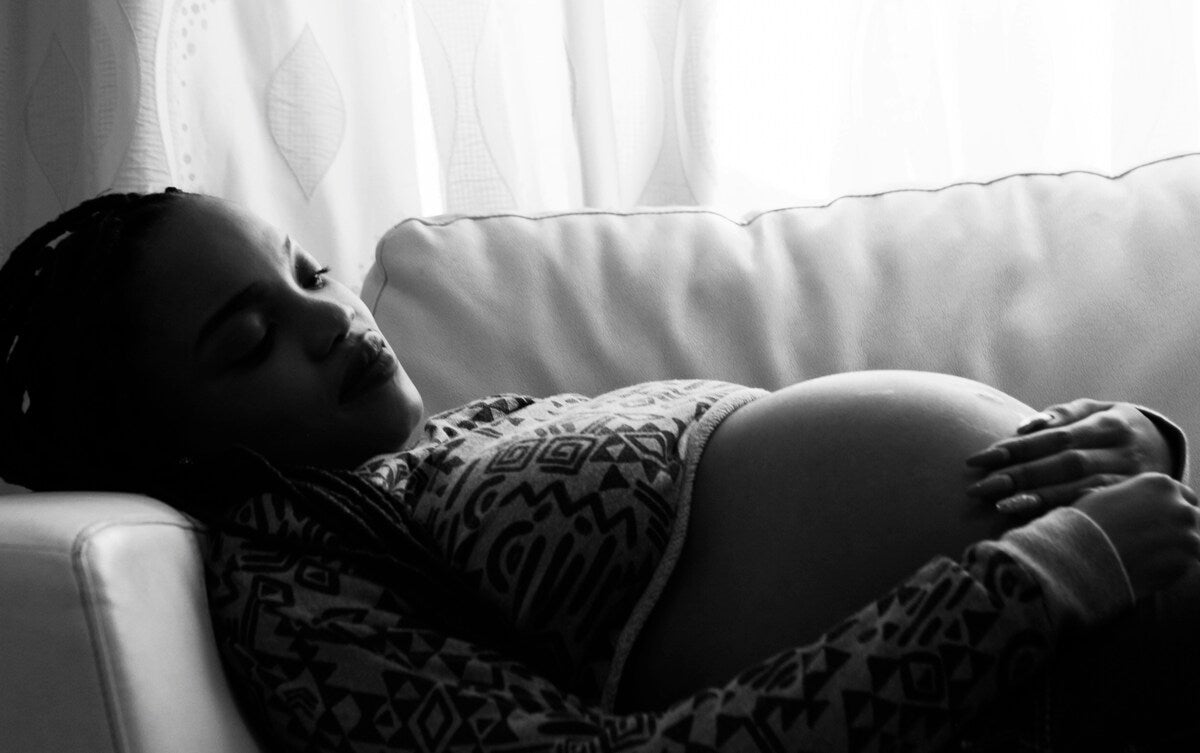
How to Sleep While Pregnant
|
Time to read 3 min
This store requires javascript to be enabled for some features to work correctly.
Written by: Editorial Team
|
Time to read 3 min
Sleep disturbances are almost synonymous with being pregnant with insomnia and sleep-related aches and pains being one of the most-reported side effects.
However, getting plenty of sleep is paramount to supporting the development of your baby and ensuring you have enough energy to perform daily necessary tasks. This is why understanding how to sleep properly while pregnant is essential in making the process as smooth as possible.
Sleep disturbances while pregnant can be due to a number of factors, depending on the individual person. However, these are the most commonly reported symptoms leading to insomnia or disrupted sleep:
The NHS advises sleeping on your side - either left or right - during pregnancy, as sleeping on your back increases your risk of stillbirth after the 28-week mark. However, it is not a disaster if you wake up on your back, as you can simply turn over again.
Sleeping on the left side in particular is good for acid reflux, nausea, and more digestive issues. If you struggle to fall asleep on your side, you may benefit from a bump pillow for comfort and to prevent you from rolling over onto your back. Putting a pillow between your knees can also add support.
Eating foods rich in protein, magnesium, and tryptophan can help you maintain your natural sleep-wake cycle. These include (but aren't limited to):
Supplements, particularly ones specifically designed for pregnancy, help provide natural sleep boosters, such as magnesium. Consult a medical professional before taking supplements, as the NHS does not recommend magnesium during pregnancy, as it is unknown if this can cause harm to babies.
If you are able to, getting regular, gentle exercise can help regulate your sleep cycle and prompt your body to fall asleep at night. Prenatal yoga in particular is recommended as it can promote relaxation and endorphins without being overly strenuous.
Health experts simply recommend sleeping "when you can" rather than a set number of hours of sleep while pregnant, so if you are able to without disrupting your sleep too much, naps can help you get your required rest to function well. Sleep deprivation can actually cause further problems falling asleep, so getting enough rest at any point of the day can go a long way in helping you function during your waking life while pregnant.
There is no set number of recommended hours of sleep while pregnant, as sleep is highly disrupted for many. Instead, the NHS simply recommends sleeping when needed.
Sleeping on your back during pregnancy has been linked to stillbirth after the 28 week mark, so you should practice sleeping on your side as early as you can.
Sleep disturbances are a near-universal pregnancy experience.
Sleeping in the correct position and with adequate support during your waking life can go a long way toward improving sleep quality and energy during the day.
The Myza Editorial Team
The Myza Editorial Team works together to create and curate The Sleep Journal, a series of blog posts designed to help our customers with frequently asked questions and curiosities regarding everything in the world of sleep, from sleeping positions to skin and hair care. We also provide regular shopping guides, interviews, and reviews to provide insight into our hand-picked brand collaborations and the benefits they have to offer.
Recent Blog Posts
Receive 10% off your first order when you subscribe to our newsletter




